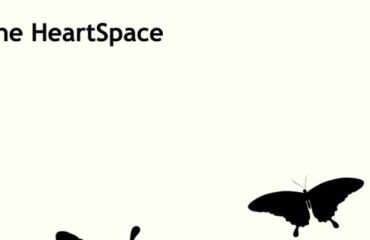
In the last couple of decades, coaching has emerged as a vital tool for personal and professional growth. In my role as a Coach, I have witnessed a notable number of leaders resist engaging in coaching despite its proven benefits. I feel that this reluctance may often stem from any of the following –
# 1. The Insecurity of Self-Reflection
# 2. Fear of Change
# 3. Identity and Self-Concept
# 4. Reliance on Past Success
It is critical that these barriers are recognized. Growth and improvement often require stepping out of our comfort zones and embracing vulnerability. Understanding these personal challenges is crucial for individuals and organizations aiming to foster a culture of continuous improvement and adaptability. Coaching, though challenging, can be a transformative process that propels both individuals and organizations toward greater success.
The Insecurity of Self-Reflection
One of the primary reasons leaders shy away from coaching is the discomfort associated with self-reflection. Coaching requires individuals to delve deeply into their actions, behaviors, and decision-making processes. For many, this introspection can be daunting. It involves confronting areas of weakness and vulnerability, which can trigger feelings of insecurity. Leaders, who are often seen as infallible and strong, may fear that exposing their vulnerabilities could undermine their authority and credibility.
A study by the Harvard Business Review highlights that self-reflection is a significant barrier for many leaders. It indicates that leaders often avoid introspection because it can lead to cognitive dissonance—the mental discomfort experienced when one’s actions are inconsistent with one’s self-image. This discomfort can be so intense that leaders prefer to avoid coaching altogether rather than face these unsettling truths.
Fear of Change
Change is inherently uncomfortable, and coaching inherently involves change. Effective coaching not only highlights areas for improvement but also necessitates adopting new behaviors and strategies. For leaders accustomed to their ways of working, this can be perceived as a threat to their established identity and routine. The prospect of altering one’s leadership style or strategies can create anxiety about losing control or failing to meet expectations.
The psychological concept of status quo bias, which is the preference for maintaining one’s current state of affairs, is particularly relevant here. Research from the Journal of Organizational Behavior suggests that individuals, including leaders, are more likely to resist changes that require significant effort or carry perceived risks, even if the potential benefits are substantial. This resistance to change is a critical factor in leaders’ reluctance to embrace coaching.
Identity and Self-Concept
Leadership is closely tied to one’s identity and self-concept. For many leaders, their professional identity is a core part of who they are. Coaching often challenges this identity by encouraging leaders to adopt new perspectives and behaviors. This process of re-evaluation can be unsettling, as it may require leaders to acknowledge that their current approach is not optimal and that change is necessary for growth.
The theory of identity threat, as explored in the Academy of Management Review, posits that when individuals perceive a threat to their identity, they are likely to react defensively. This can manifest as a reluctance to engage in activities, like coaching, that could necessitate an identity shift. Leaders may fear that changing their leadership style or admitting shortcomings could diminish their sense of self-worth and professional identity.
Reliance on Past Success
Another significant factor contributing to leaders’ resistance to coaching is their reliance on past successes. Many leaders have achieved their positions through a track record of individual accomplishments and effective decision-making. This success can create a cognitive bias known as the “success trap,” where leaders believe that past strategies will continue to yield positive outcomes in the future.
This reliance on past success can lead to a fixed mindset, as described by psychologist Carol Dweck. Leaders with a fixed mindset may resist coaching because they view their abilities and strategies as static and unchangeable. They might assume that since their previous actions led to success, there is no need to alter their approach, despite evolving organizational challenges and environments.




